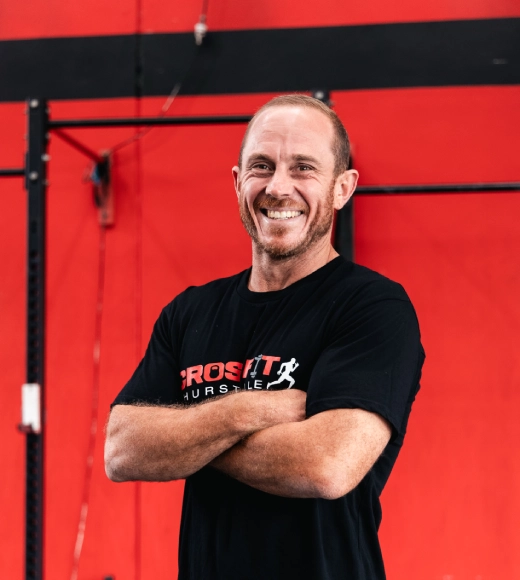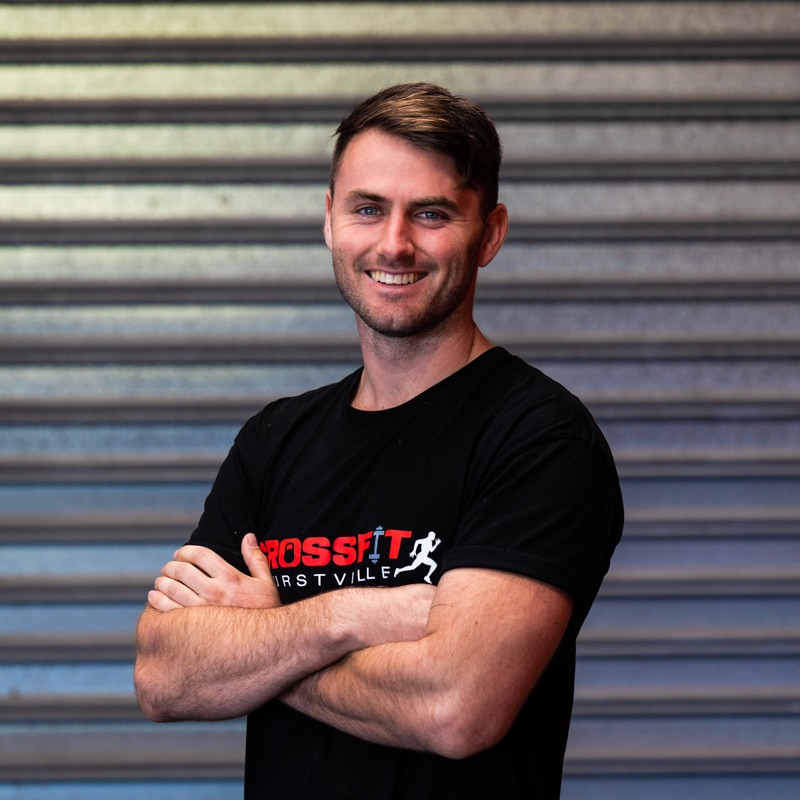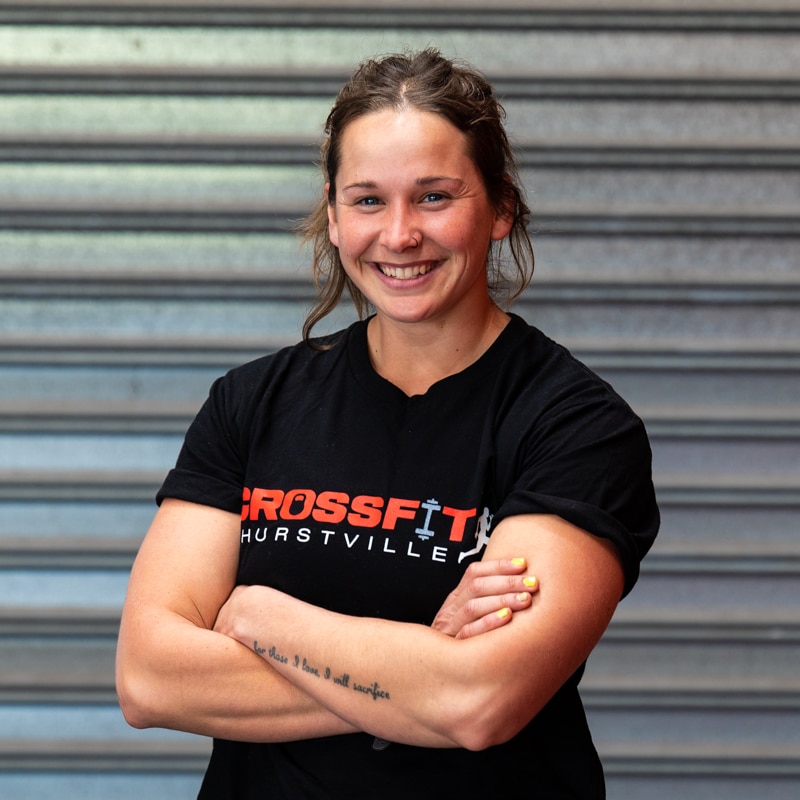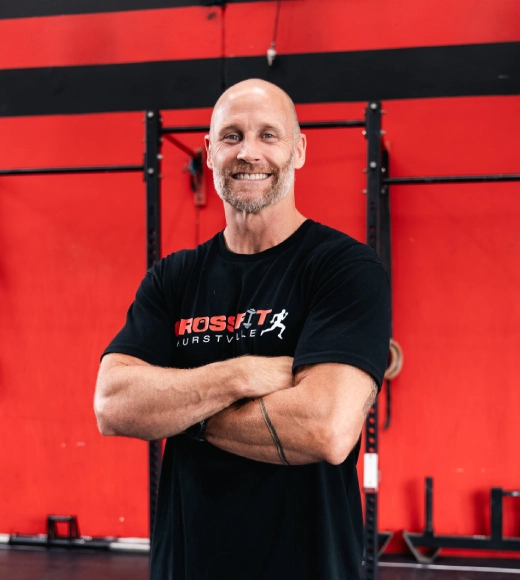Most of us associate endurance with long bouts of aerobic exercise, synonymous with repetitive conditioning work. This is the perspective of the strength and conditioning world. Endurance, however, is not limited to this.
A quick google search illuminates this. The dictionary references endurance as one’s ability to endure; to “withstand adversity”, “engage with a difficult process”, or to “continue or last”.
There are few references to aerobic exercise, or specific time domains. Because endurance is not specific to sport or exercise although one’s aerobic capacity will influence this.
Endurance is a universally human experience. It is any act or behaviour that one continually chooses to endure. Simply put: endurance starts when one wants to quit – irrespective of activity or time.
Endurance needs to be uncomfortable. The desire to behave otherwise; to ease off the pace; to change direction; or to quit, signals its commencement.
When this conversation to quit begins is relative. In training, this conversation may begin 30 minutes into a workout for one person, or 3 hours 30 minutes for another.
When training for endurance, we are engaging with the practice of not quitting. While many of us may choose to do so on an echo bike, we are not limited to these tools.
Despite our bodies being capable of handling long gruelling efforts, we may be missing the point of endurance with an overemphasis on its physical aspect.
Because endurance, as we have established, is not necessarily a physical experience. Endurance starts when one wants to quit. And this conversation happens almost exclusively in the brain.
__________













